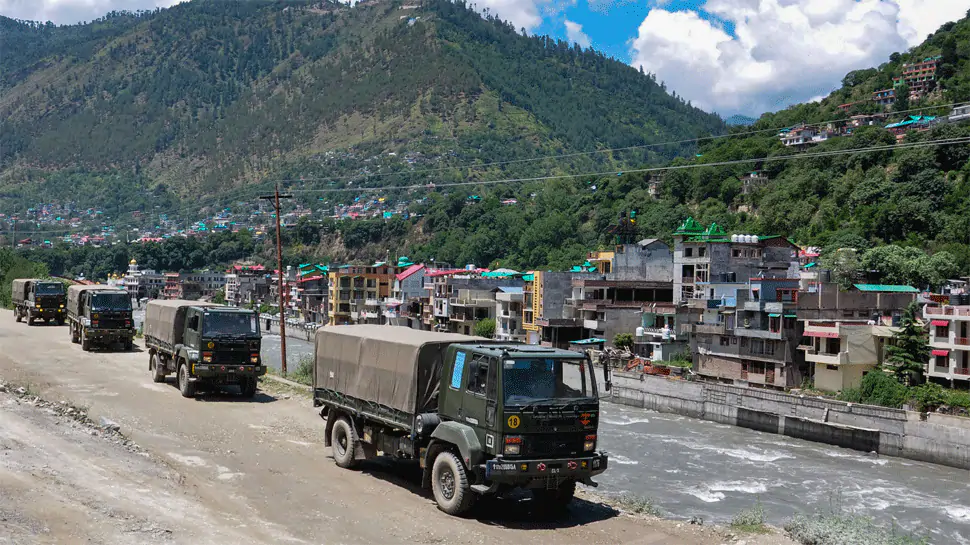
SOURCE: ZEE NEWS
India and China on Friday (July 11) resolved to push ahead with complete disengagement of troops in eastern Ladakh in a timely manner for full restoration of peace and tranquility along the Line of Actual Control (LAC).
As Chinese troops continued to withdraw from Pangong Tso in eastern Ladakh, the two countries held another round of diplomatic talks, and decided that senior commanders of the two armies will meet soon to discuss further steps to ensure complete disengagement and de-escalation in a timely manner.
Union Defence Minister Rajnath Singh held a telephonic conversation with his US counterpart Mark T Esper during which the border row with China figured prominently, sources told PTI. China’s aggressive posturing along the LAC in eastern Ladakh was discussed, the sources said, adding Singh apprised the US defence secretary about India’s position on the row.
After the online diplomatic meeting under the framework of Working Mechanism for Consultation and Coordination (WMCC) on India-China Border Affairs, the Ministry of External Affairs said the two sides agreed that maintenance of enduring peace in the border areas was essential for overall development of bilateral ties.
In line with the first phase of the disengagement process from friction points, Chinese military on Thursday completed moving back its troops from the face-off sites in Gogra and Hot Springs, days after withdrawing all its personnel from the Galwan Valley, people familiar with the development said.
They said the withdrawal of troops from Finger 4 area in Pangong Tso is also gaining traction, paving the way for holding of another round of Corps commander level talks in the next few days to further de-escalate tension in the region.
In a related development, Chinese envoy to India Sun Weidong underlined the need for India and China to be partners rather than rivals, and both the countries have a history of friendly exchanges of more than 2,000 years. He also said that during the Wuhan Informal Summit in 2018, President Xi Jinping and Prime Minister Narendra Modi had stressed that the two countries provide each other with development opportunities instead of posing threats, which the two sides should adhere to.






